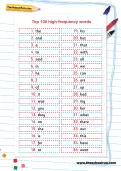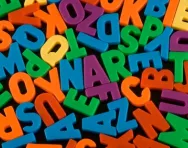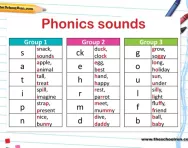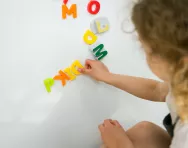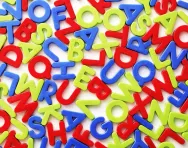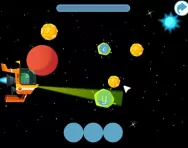Important update from TheSchoolRun
For the past 13 years, TheSchoolRun has been run by a small team of mums working from home, dedicated to providing quality educational resources to primary school parents. Unfortunately, rising supplier costs and falling revenue have made it impossible for us to continue operating, and we’ve had to make the difficult decision to close. The good news: We’ve arranged for another educational provider to take over many of our resources. These will be hosted on a new portal, where the content will be updated and expanded to support your child’s learning.
What this means for subscribers:
- Your subscription is still active, and for now, you can keep using the website as normal — just log in with your usual details to access all our articles and resources*.
- In a few months, all resources will move to the new portal. You’ll continue to have access there until your subscription ends. We’ll send you full details nearer the time.
- As a thank you for your support, we’ll also be sending you 16 primary school eBooks (worth £108.84) to download and keep.
A few changes to be aware of:
- The Learning Journey weekly email has ended, but your child’s plan will still be updated on your dashboard each Monday. Just log in to see the recommended worksheets.
- The 11+ weekly emails have now ended. We sent you all the remaining emails in the series at the end of March — please check your inbox (and spam folder) if you haven’t seen them. You can also follow the full programme here: 11+ Learning Journey.
If you have any questions, please contact us at [email protected]. Thank you for being part of our journey it’s been a privilege to support your family’s learning.
*If you need to reset your password, it will still work as usual. Please check your spam folder if the reset email doesn’t appear in your inbox.
First 100 high-frequency words list
What are high-frequency words?
High-frequency words are those common words that show up everywhere in reading materials. They're the ones your child needs to know inside out because they're such frequent flyers in written texts.
When your child brings home reading assignments, you'll notice these words popping up repeatedly. They're the focus of teaching because they're essential for reading success. Once mastered, they make reading a whole lot smoother.
As a parent, you can help your child by spending time with reading materials, doing practice activities, and maybe even some drills. It's all about giving them the tools they need to tackle reading like a pro.
How will this list of high-frequency words help my child?
This first 100 high-frequency words list is presented in order of how often they are used in texts. It has been created by a primary-school teacher with the purpose of making the words easy to remember and fun to learn.
For a guide to how children learn high-frequency words in school, and in what order, read our parents' guide to high-frequency words.
